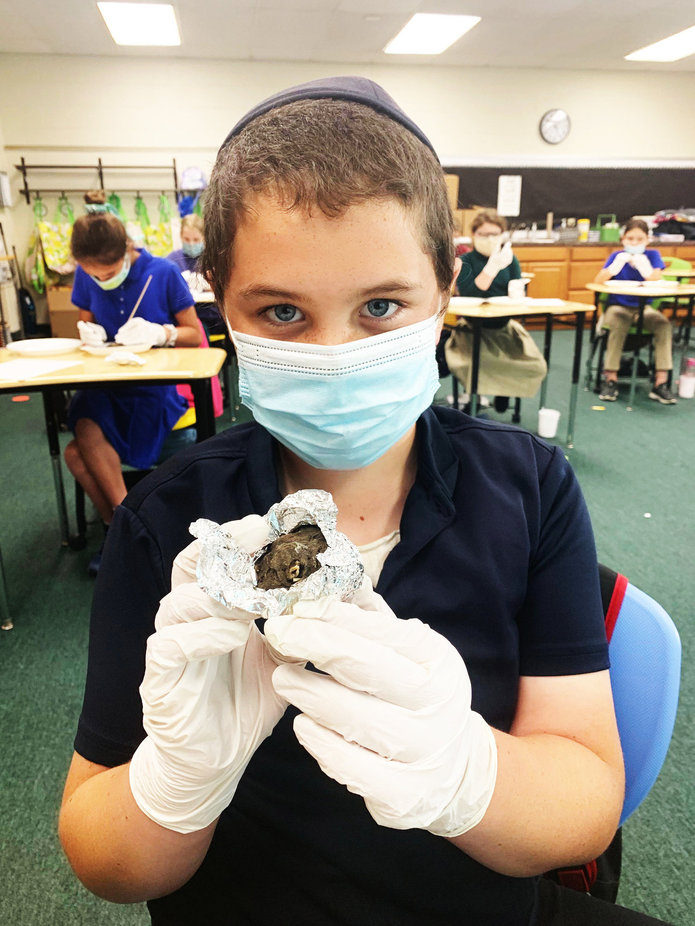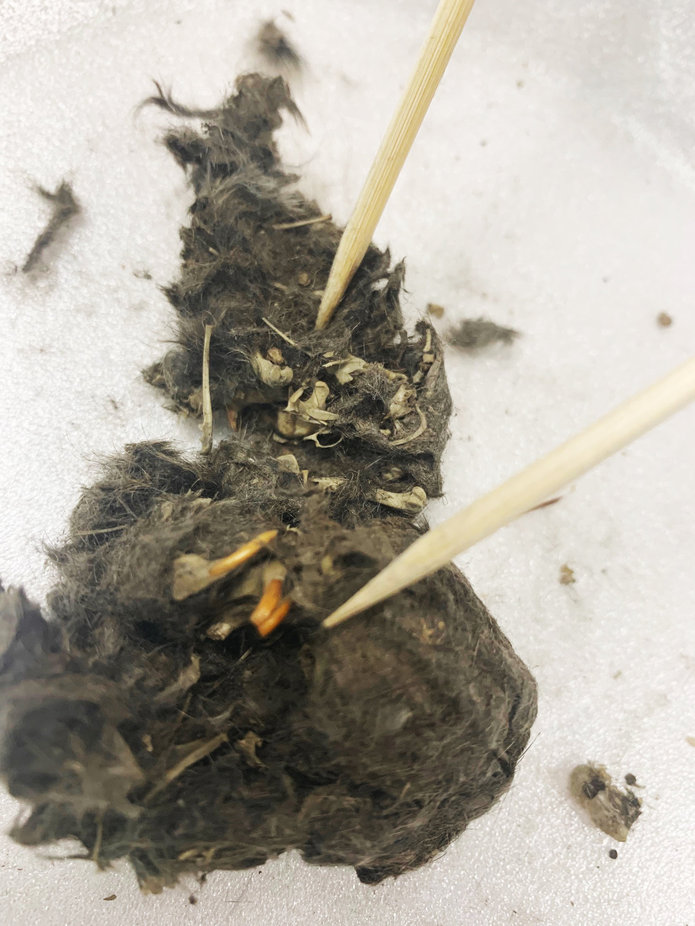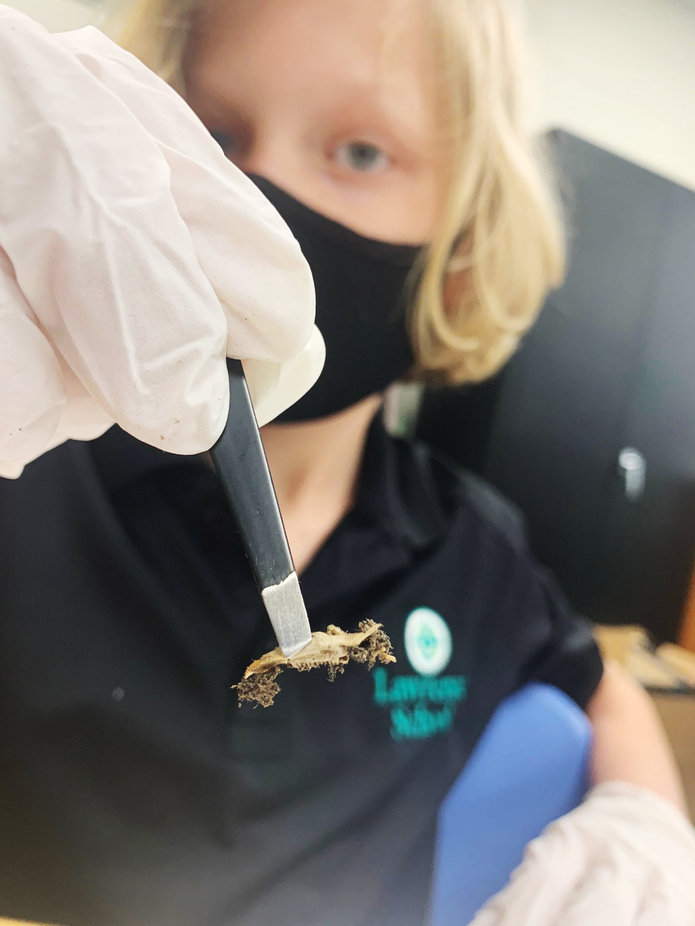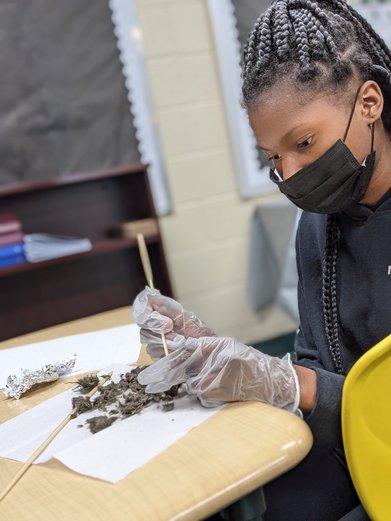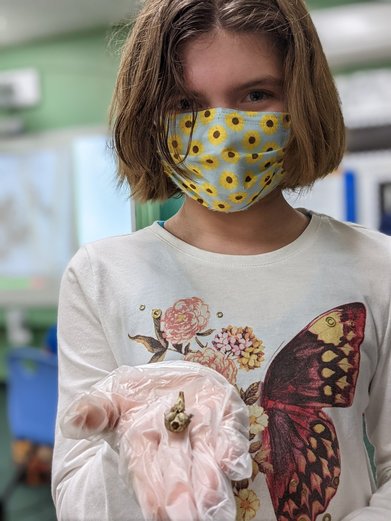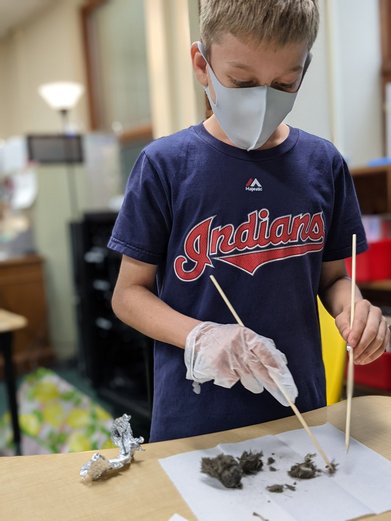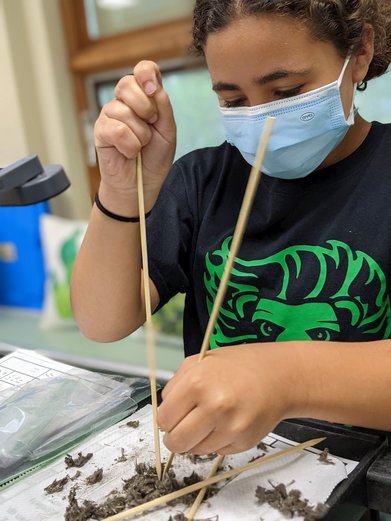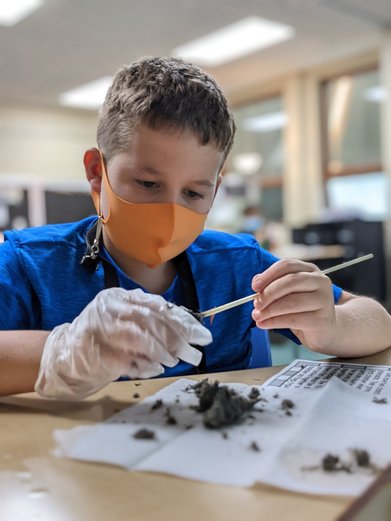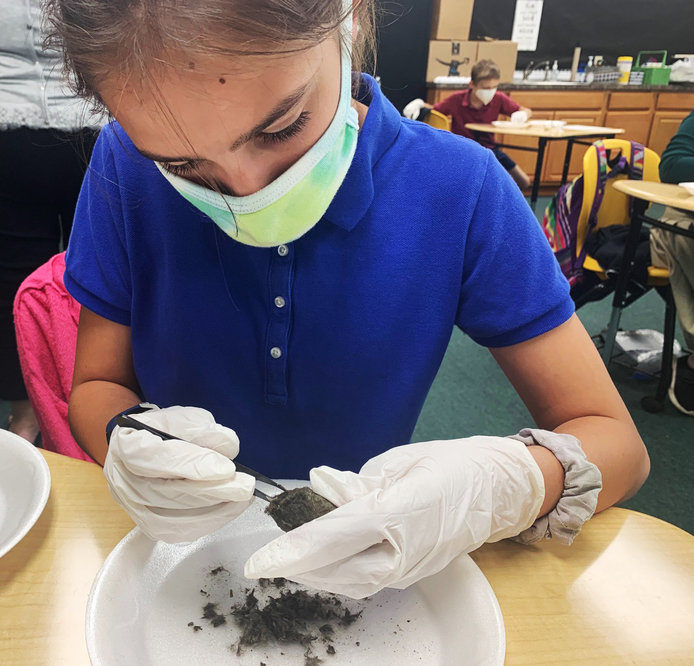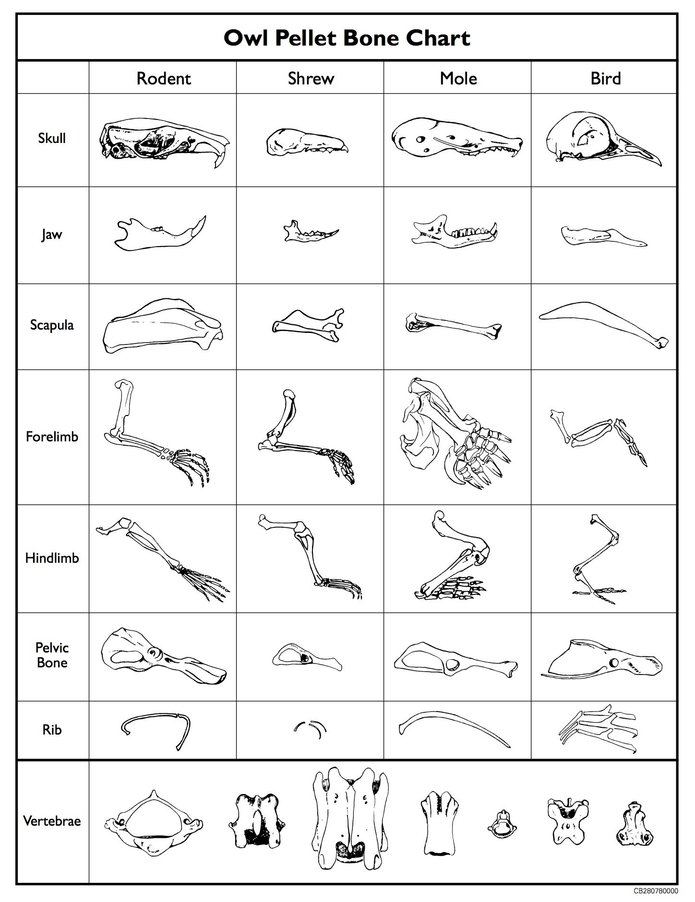Posted June 15, 2021 in Articles
Author: Holly Lewis, M.Ed. - Lower School Faculty
A cacophony of varying volumes erupts in my fifth-grade science class. Oohs and ahhs, and even a few drawn-out ewwwwwws are all voiced. Today we are dissecting owl pellets, and what can I say? Hands-on science activities, while interesting and engaging, can sometimes seem a little gross.
We’ve been learning about owls and how they occasionally regurgitate masses of undigested parts of their food. These are called pellets, the content of which depends on diet, and can include the exoskeletons of insects, indigestible plant matter, bones, fur, feathers, bills, claws, and teeth. Each gloved student investigates their dried pellet with tweezers and skewers, and uses a paper diagram to translate their discoveries. Prior to today, I’m not sure any of us could tell the difference between the skull of a shrew and the skull of a mole… but now we are all BONE-ified experts!
When my students partake in any hands-on experiment or activity the benefits are huge! Almost automatically, and regardless of interest level, they become highly engaged with the content—sharing past experiences and offering insights, all while further enhancing their critical-thinking skills. I see evidence these activities help students to be more resourceful, particularly in goal-setting, planning, and problem solving. It also nurtures intellectual curiosity; helping them to acquire new ways of asking questions and understanding the world.
Owl pellet dissection is just one example of the many hands-on activities I facilitate in class, but regardless of our focus, these experiences reinforce scientific thinking. Scientists refine explanations of the natural world within a community of informed peers. And that is exactly what I see happening in my classroom—these fifth graders form hypotheses, observe, ask questions, make discoveries, think independently, and witness differences in their peers' findings. And that is the job of a scientist, after all!
